Winston Churchill regarded Dundee as a “seat for life” but his time as MP for the city came to an end 100 years ago with a crushing defeat.
Dundee was among five constituencies Churchill represented during a parliamentary career that spanned an extraordinary 64 years.
He was elected as a Liberal in 1908, polling 7,079 votes, while the Conservative and Labour candidates split 8,384 votes between them.
Churchill remained MP for Dundee for more than 14 years, during which time he almost continuously served as a minister in Cabinet.
However, his relationship with the populace became strained after the First World War over issues such as votes for women, his anti-socialist rhetoric and his stance on Irish home rule.
Also, he was stricken with appendicitis in the run-up to the 1922 election, which limited his campaigning.
He finished fourth in a vote topped by prohibitionist Edwin Scrymgeour and French-born Edmund Dene Morel, who both earned berths at Westminster for the first time.
Churchill later wrote: “I found myself without an office, without a seat, without a party and without an appendix.”
Scrymgeour’s first act when he reached Westminster was to table private member’s Bills calling for the closure of all pubs and a penalty of five years’ imprisonment for anyone caught trafficking alcohol.
Scrymgeour also wanted alcohol being used for medicinal purposes to be labelled poison.
His triumph over Churchill was all the more remarkable because at the time, Dundee was considered a Liberal city.
A remarkable 80% of the city’s voters, totalling 118,167, participated in the poll, which took place on November 15 1922.
Churchill’s defeat was announced on November 16.
Churchill was out of parliament for almost two years after his defeat and apparently never forgave the snub, refusing the freedom of the city in 1943.
What was the 1922 campaign like?
In Cheers, Mr Churchill! Winston In Scotland, Edinburgh-based author and historian Andrew Liddle details the future statesman’s highs and lows in Dundee.
Why did Churchill lose to God-fearing teetotaller Scrymgeour?
Andrew said: “Churchill’s defeat to Scrymgeour in the 1922 General Election was the result of a mix of local, national and personal factors.
“Locally, the base that had sustained Churchill over his previous five election victories in Dundee – the working-class and immigrant Irish communities – deserted him.
“This was partly due to his bellicose opposition to Bolshevik Russia and – despite being an avid supporter of Home Rule for Ireland – his role in the founding of the Black and Tans during the Anglo-Irish War.
“But national factors also played a significant role.
“Churchill’s Liberal Party was not only divided but there were actually two versions of the party – one led by Lloyd George and one led by Asquith – competing against each other.
“This, along with Lloyd George’s lack of a national political platform – he produced no election manifesto, for instance – helped erode the Liberal vote.
“Equally, with universal male suffrage, Labour was also in a strong position to make gains.
“Personally, Churchill was also at a disadvantage having suffered appendicitis in the days before the General Election was called, leaving him bed-ridden in London for all but the final few days of the campaign in Dundee.
“Clementine, his wife, campaigned ably in his stead, but it was clearly a disadvantage nevertheless.
“This was all the more remarkable as she had her two-month-old baby, Mary, with her.
“At the same time, Scrymgeour was completely indefatigable and had worked the seat relentlessly in the near-15 years since he was first humbled by Churchill at the 1908 byelection.
“That commitment finally paid dividends at the sixth attempt in 1922.”
What was the manner of the defeat?
Local legend often has it that Churchill and Clementine were run out of Dundee 100 years ago, but actually, Andrew insists, that’s very far from the truth.
He said: “Even in defeat, Churchill received the support of more than 20,000 Dundonians.
“Of course, he was disappointed by his defeat – as any candidate would be, particularly when they’ve represented a place for almost 15 years.
“But far from being run out of Dundee, after the result was announced to the crowd on Shore Terrace, from a window in the Caird Hall, Churchill made his way to the city’s Liberal Association, where he made a speech thanking his supporters, but also praising Scrymgeour.”
In his speech Churchill said he did not grudge the victory of a man “who stood for endurance and also for moral, orderly conceptions of democratic reform and action”.
After the speech, Churchill and Clementine collected their belongings from the Royal Terrace Hotel before taking the sleeper train home to London.
They were seen off by a crowd of cheering students, who said they still believed in Churchill despite his defeat.
Across their six election contests over a near-15 year period, Churchill developed a grudging respect for Scrymgeour.
Of course, the two would never agree politically or personally, but Churchill was rarely partisan when it came to friendships.
Andrew broke it down further.
“One of the things I discovered when researching this book was that Churchill actually hosted Scrymgeour at a fancy hotel during the Paris Peace Conference in 1919, further helping his five-time opponent by lending him the use of his car and driver in order to complete a journalistic assignment.
“These are hardly the actions of someone who felt any animosity and, indeed, are reflected in Churchill’s public pronouncements both immediately after his defeat and even many years later.”
Churchill never returned to Dundee after his defeat a century ago, and that has undoubtedly contributed to the idea that he resented the city for voting him out.
Did Winston Churchill resent Dundee for election defeat?
Andrew said: “There is no doubt he was upset by the defeat – it would be an excessively magnanimous and eccentric politician who was grateful for losing an election – but to suggest he resented Dundee is too strong.
“I think his failure to return to the city had more to do with the fact that, given he had represented the city as a passionate Liberal, he did not want to return in his later career as a passionate Conservative.
“Certainly, he never bore Dundee any ill will. It is often said that Churchill prophesied on his defeat that ‘the grass would grow green through Dundee’s cobbled streets, and the vigour of its industry would shrink and decay’.
“This quote is now firmly fixed in the popular imagination but, despite its distinctly Churchillian ring, there is no evidence of it ever having been said.
“But, like many other aspects of Churchill’s time in Dundee, its veracity matters little to people seemingly determined to tarnish his reputation and relationship with the city.
“The propagation of this fake history and the deliberately misleading actions of people who – at least in theory – aspire to higher standards have undoubtedly contributed to the misrepresentation that Churchill resented Dundee.”
What about the rejection of the freedom of the city in 1943?
Churchill was actually advised by his Secretary of State for Scotland, the Labour MP Tom Johnston, against accepting the award because it was not offered unanimously.
Andrew said: “It was only after he received this advice that he turned it down and, in fact, Churchill received supportive letters from former constituents who were embarrassed that the offer was not unanimous.
“Of course, the snub has undoubtedly affected his perception in Dundee, but it is a more nuanced affair than people would often think.”
After his 1922 electoral defeat in Dundee, Churchill left the Liberal Party and became the MP for Epping in 1924, standing as a “constitutional anti-socialist”.
He rejoined the Conservative Party and was Chancellor of the Exchequer from 1924 to 1929.
He became very vocal, speaking out against government policies, as Adolf Hitler became more aggressive in Europe.
From 1938 to the outbreak of war in September 1939, Churchill urged the government to be more pro-active against Hitler, calling for conscription.
After the start of the Second World War, he was brought back into the government, as First Lord of the Admiralty, becoming Prime Minister on May 10 1940.
To many people, Churchill’s stand against Nazism was exemplified in his speeches, which made him a hugely popular and dominant figure in British politics.
He remained in London during the Blitz, further endearing himself to Brits who knew he could have removed himself from the danger of German bombers.
For all this popularity, he lost the 1945 election to Labour’s Clement Atlee.
In October 1951 he returned to No 10.
He resigned from politics in 1955, at the age of 81.
The man who led Britain against the Third Reich was laid to rest on January 30 1965.
It was only the second time the Queen had bestowed a state funeral on a Prime Minister, and it was the largest service in world history at the time.
- Cheers, Mr Churchill! Winston In Scotland is on sale now.
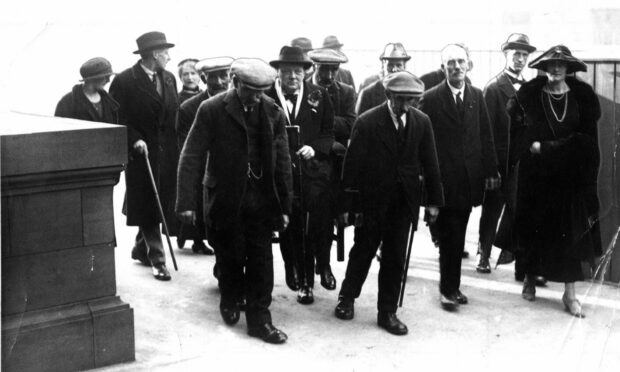
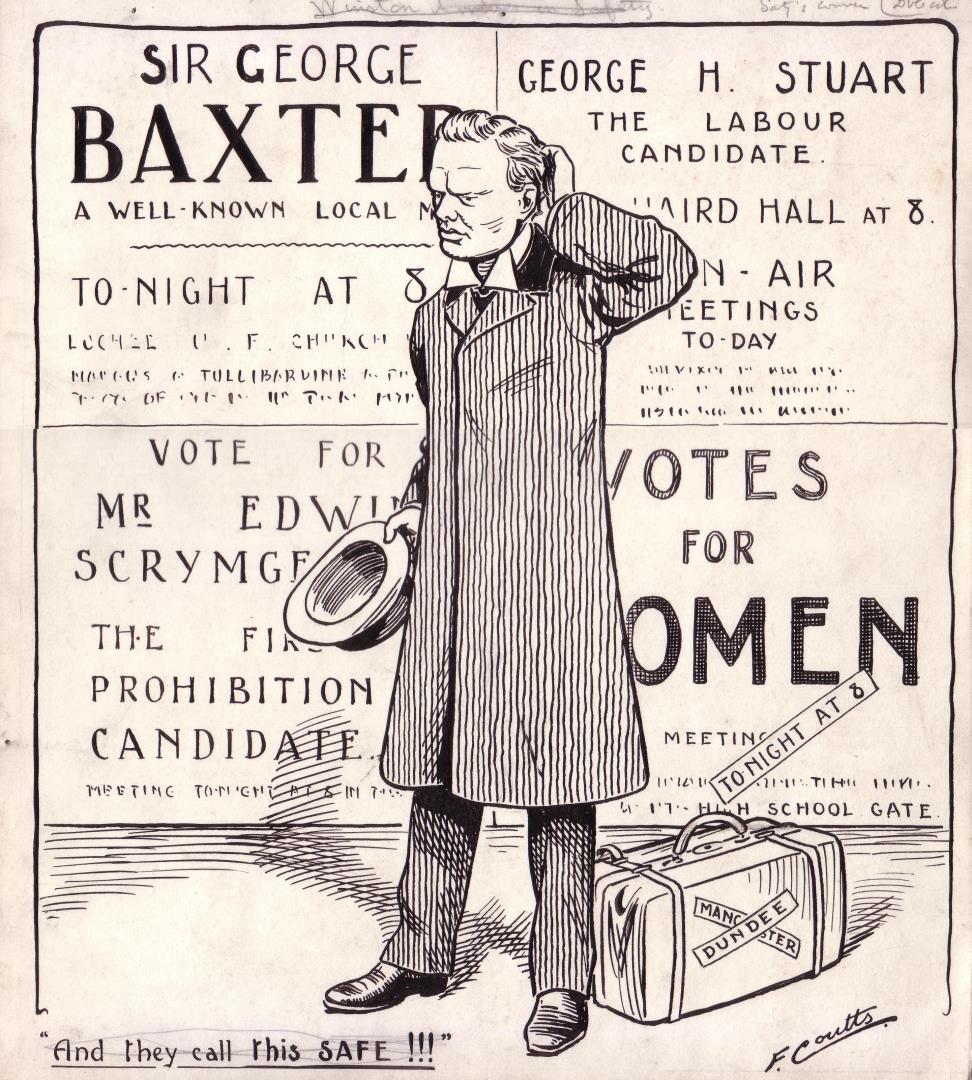
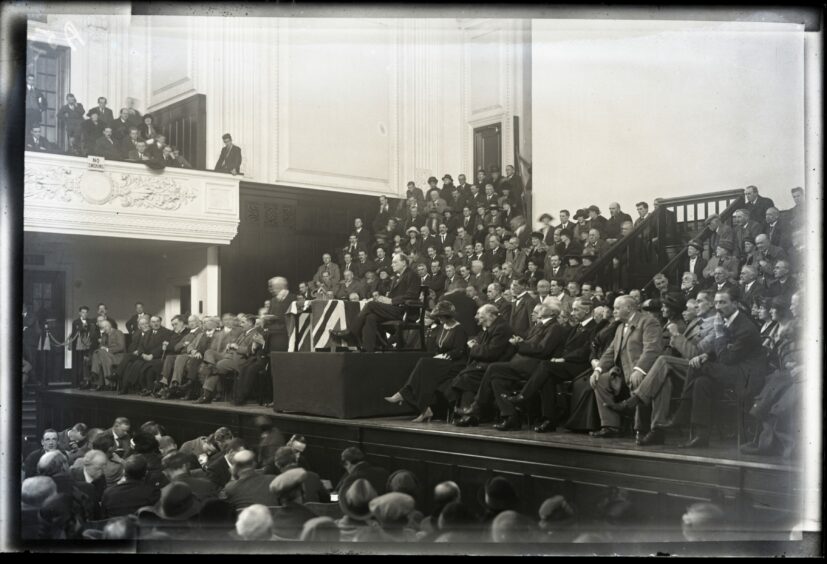
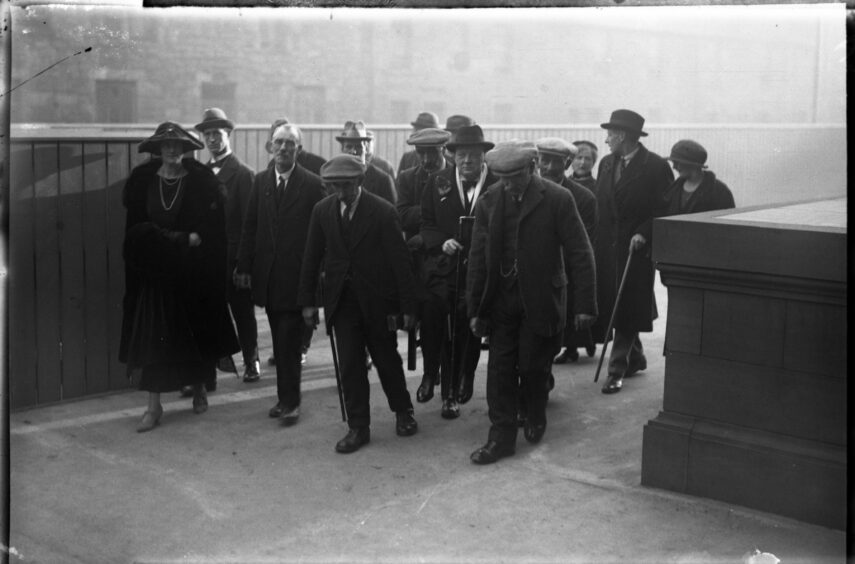
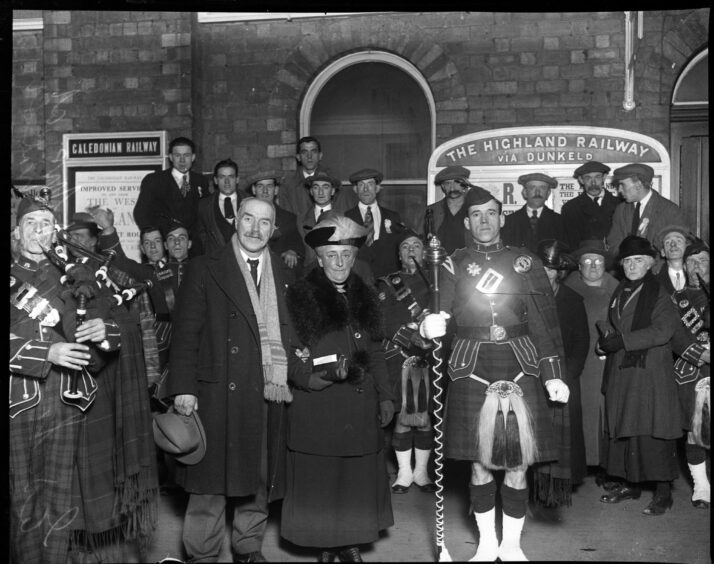
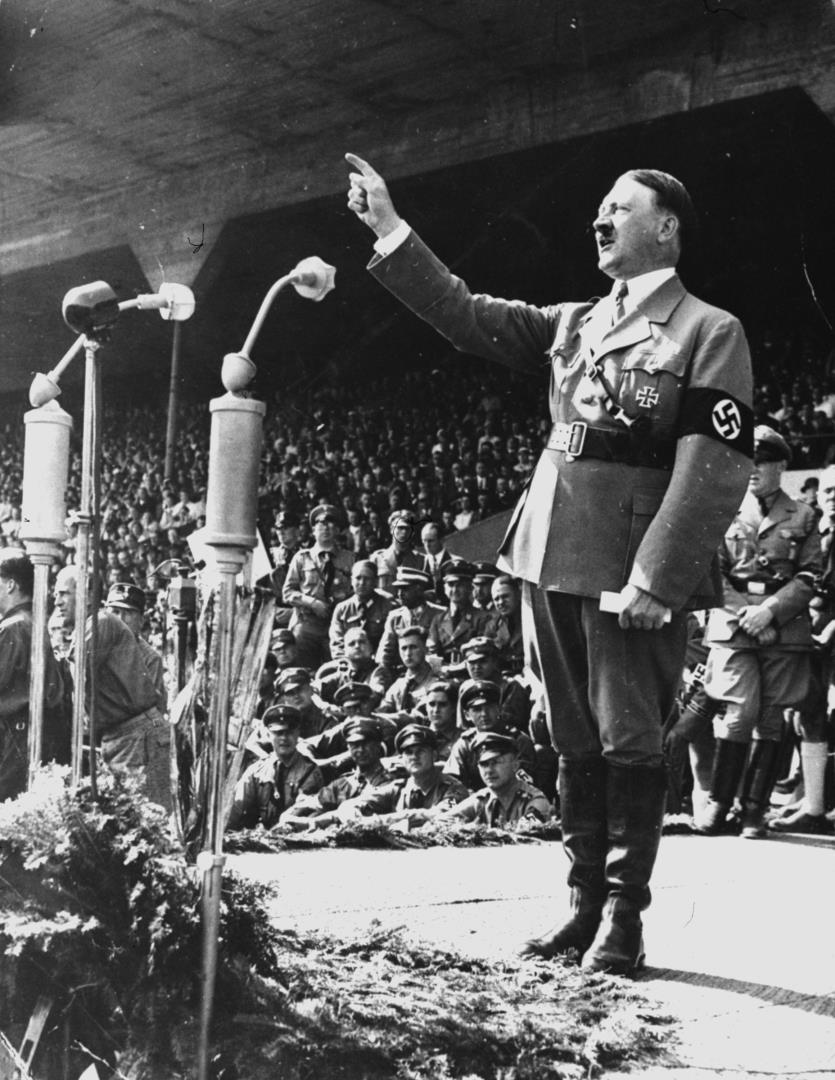
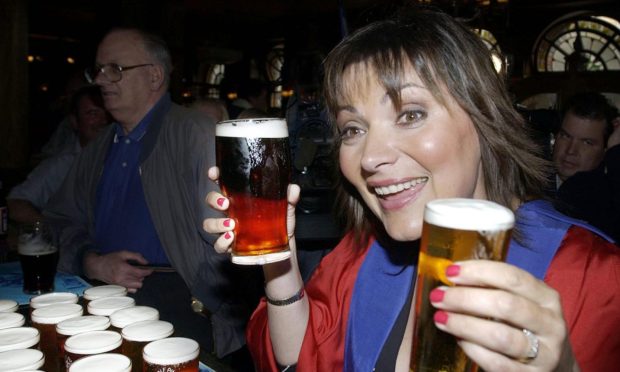

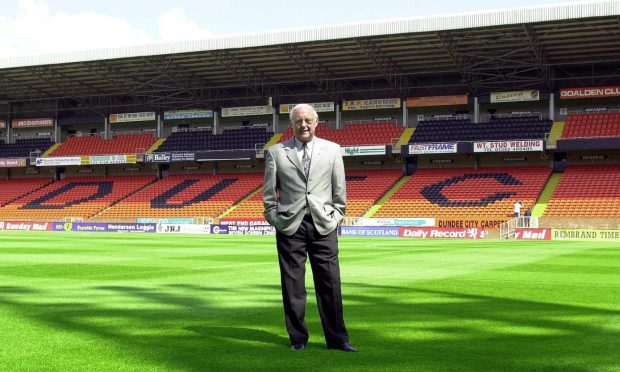
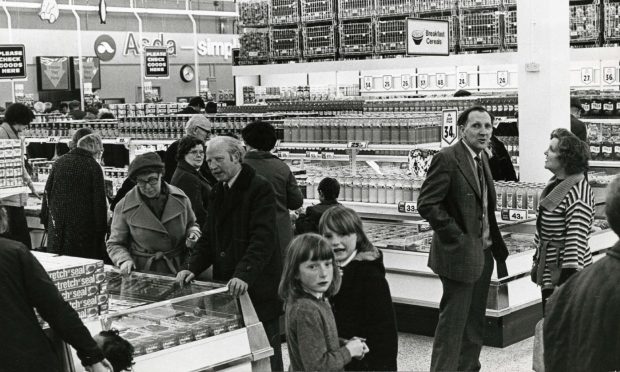
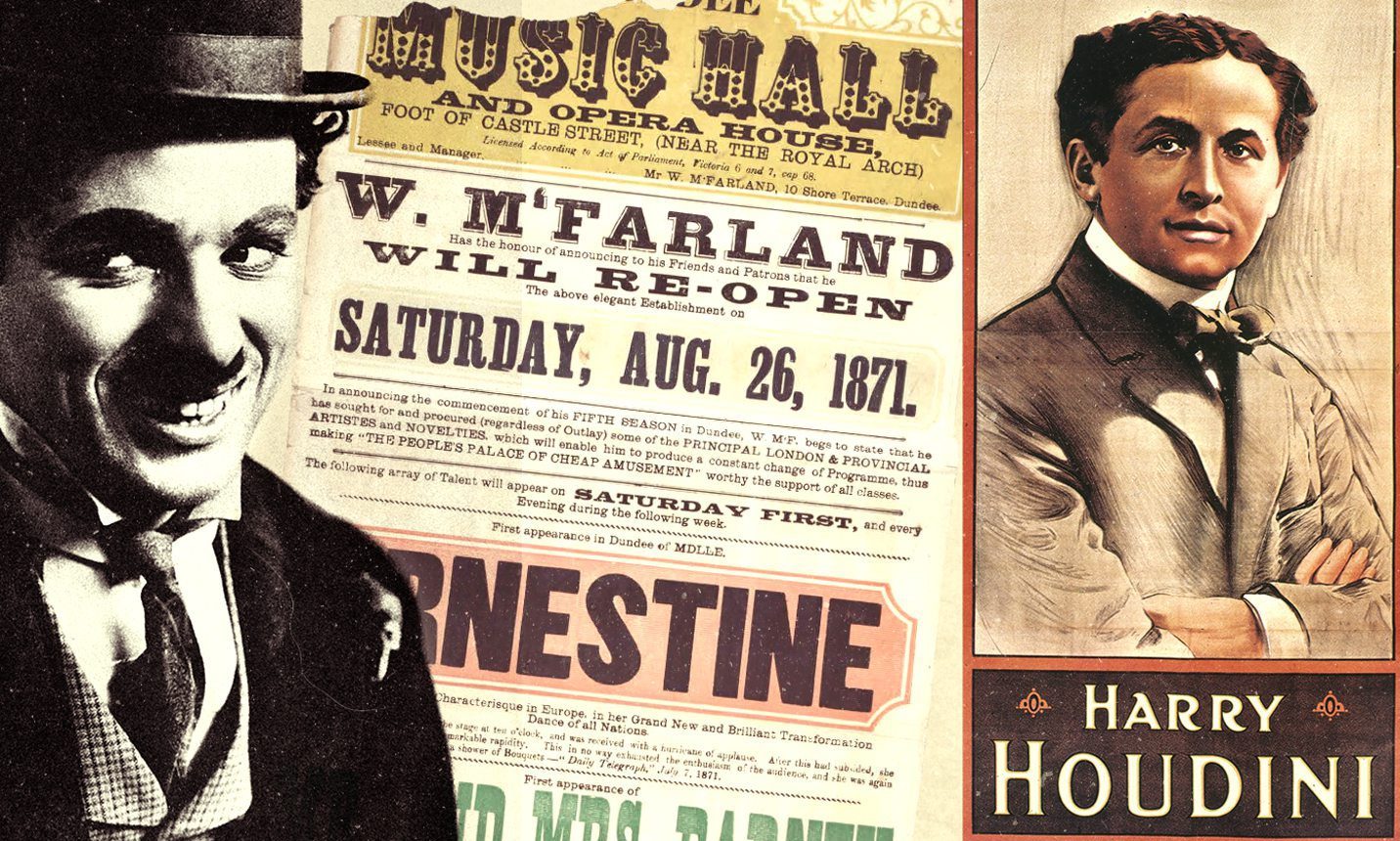
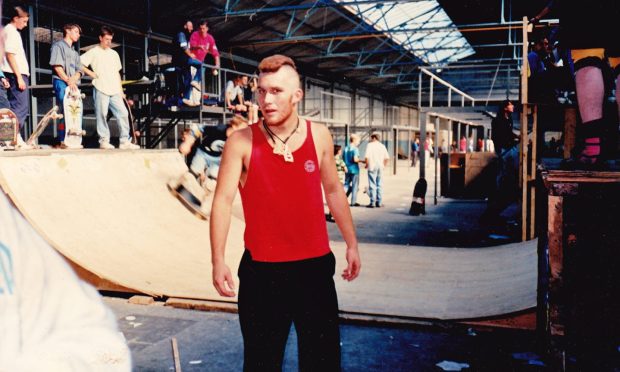
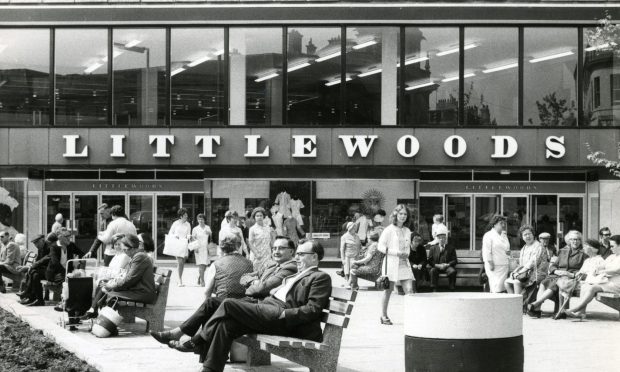
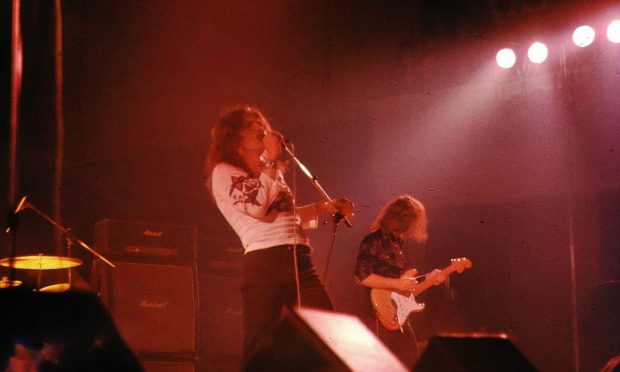
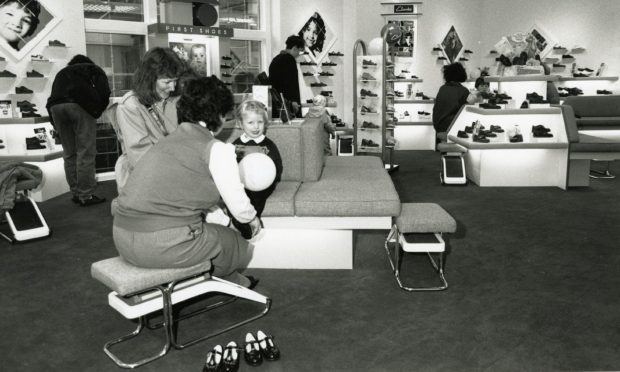
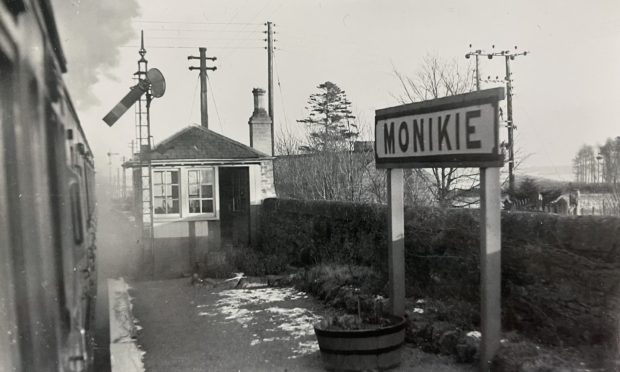
Conversation